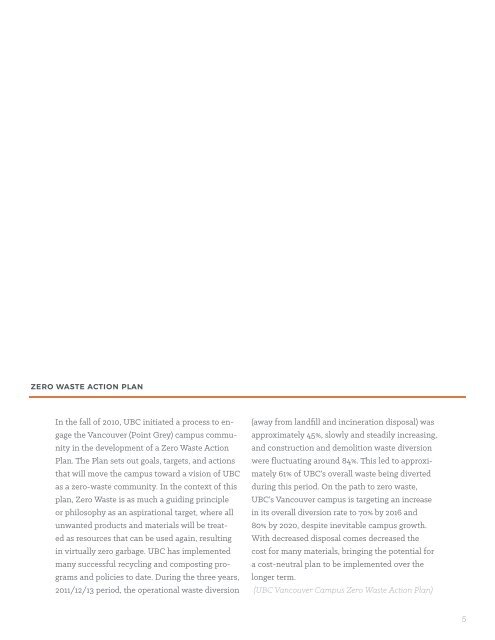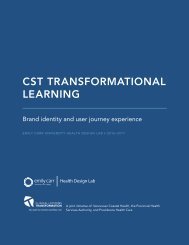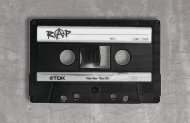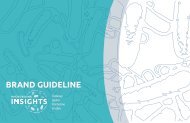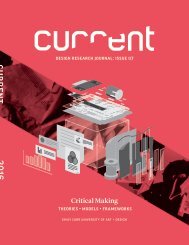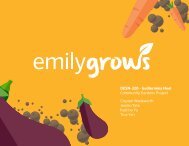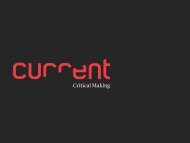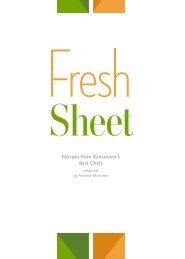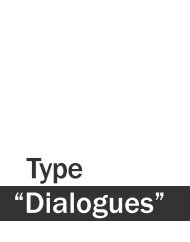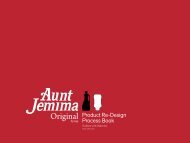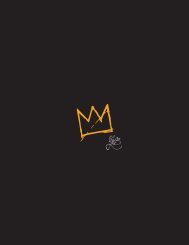Jordan Anthony Process Book
Process book for Melt collective project
Process book for Melt collective project
You also want an ePaper? Increase the reach of your titles
YUMPU automatically turns print PDFs into web optimized ePapers that Google loves.
zero waste action plan<br />
In the fall of 2010, UBC initiated a process to engage<br />
the Vancouver (Point Grey) campus community<br />
in the development of a Zero Waste Action<br />
Plan. The Plan sets out goals, targets, and actions<br />
that will move the campus toward a vision of UBC<br />
as a zero-waste community. In the context of this<br />
plan, Zero Waste is as much a guiding principle<br />
or philosophy as an aspirational target, where all<br />
unwanted products and materials will be treated<br />
as resources that can be used again, resulting<br />
in virtually zero garbage. UBC has implemented<br />
many successful recycling and composting programs<br />
and policies to date. During the three years,<br />
2011/12/13 period, the operational waste diversion<br />
(away from landfill and incineration disposal) was<br />
approximately 45%, slowly and steadily increasing,<br />
and construction and demolition waste diversion<br />
were fluctuating around 84%. This led to approximately<br />
61% of UBC’s overall waste being diverted<br />
during this period. On the path to zero waste,<br />
UBC’s Vancouver campus is targeting an increase<br />
in its overall diversion rate to 70% by 2016 and<br />
80% by 2020, despite inevitable campus growth.<br />
With decreased disposal comes decreased the<br />
cost for many materials, bringing the potential for<br />
a cost-neutral plan to be implemented over the<br />
longer term.<br />
(UBC Vancouver Campus Zero Waste Action Plan)<br />
5


